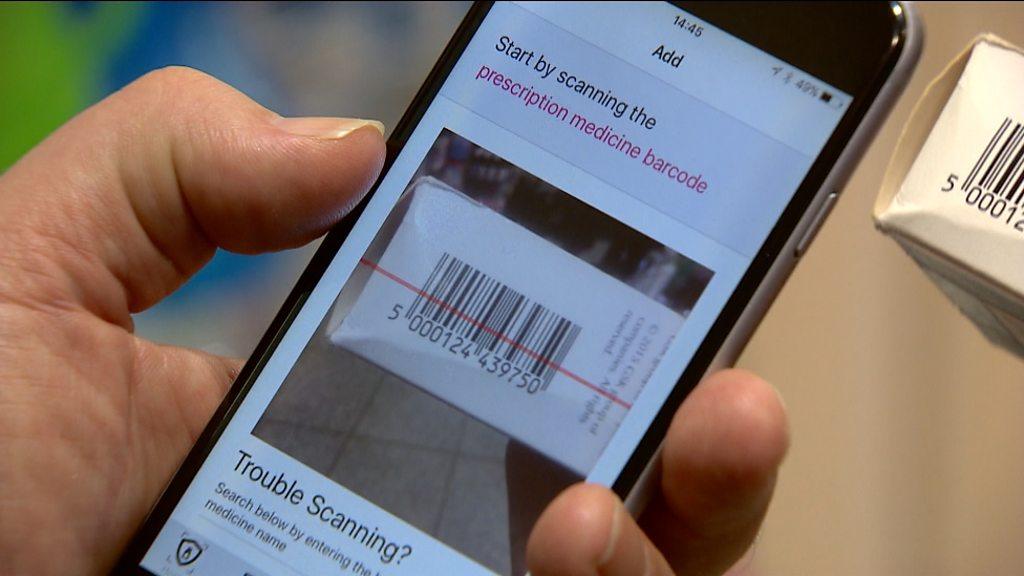Can't write code? You can still create an app
- Published
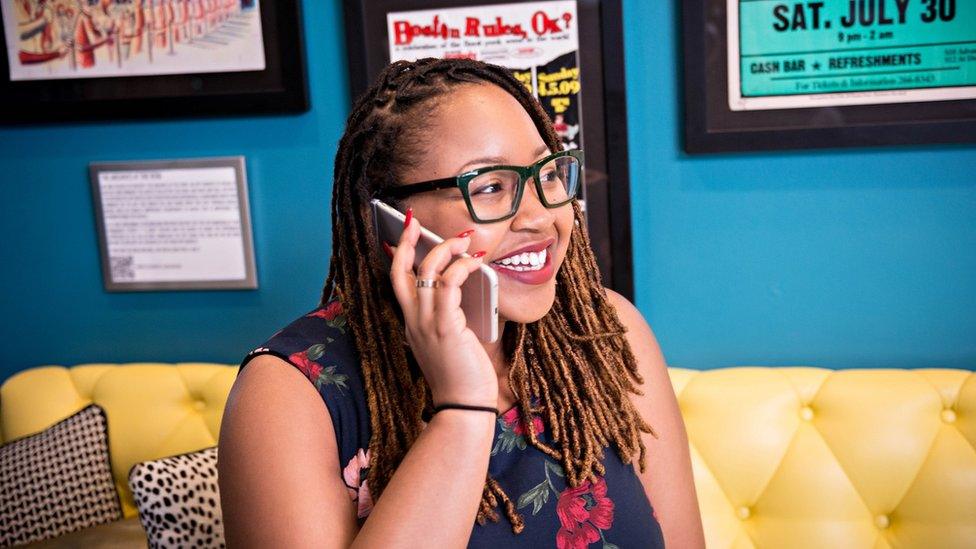
Tara Reed teaches people how to build apps without knowing code
Tara Reed's first company, Kollecto, is a Netflix-style app, which recommends personalised, affordable art to people.
The algorithm was a success, but what really staggered the tech industry was that Ms Reed had built the app and the business without knowing how to code.
"I built our app, our algorithm, our entire business and entire technology without having any technical people on my team and without writing any code," she says.
"And there were a lot of people who were very interested in how I had done that."
That's how her second start-up, Apps Without Code, was born.
Apps Without Code is a competitive start-up school - since it launched a year ago it's accepted just 13% of its applicants. Classes are done remotely, with group coaching once a week, one-on-one coaching, and online tutorials.
"We use cutting edge tactics. If you don't have $10,000 (£7,500) to spend on a developer, you can build the app without code," she says.

Apps Without Code classes are done remotely
Ms Reed, 26, is the founder, chief executive and head instructor of the start-up school - which helps entrepreneurs build their ideas into functioning businesses.
"I am in the trenches - I roll up my sleeves and help people build," says Ms Reed who used to work in marketing for Squarespace, Google and Microsoft.
She was at Microsoft when she started building her first company as a side project. She says anyone can create their own app - just like they can build their own websites, you just have to know what tools are available, external.
How did someone so young learn so much about creating businesses?
"Trial and error. I have never once said I don't know how to do something so I won't do it - that never crosses my mind," she says.
Her business now employs four full-time people and four part time. They all work remotely and Ms Reed, who moves often and recently relocated to Chicago from Detroit, doesn't care where they live - as long as they show up on time for the clients and get the job done.
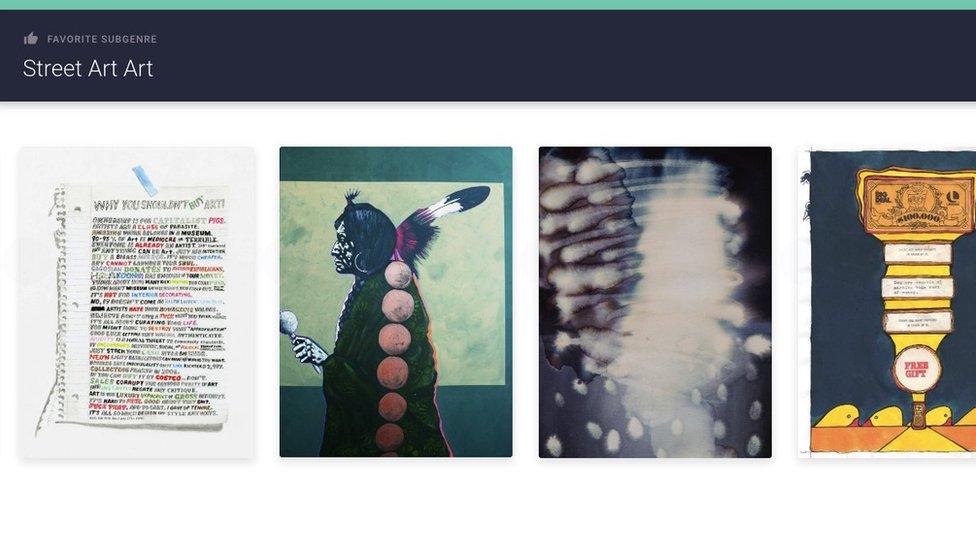
Ms Reed's first business Kollecto recommends affordable art to people
I met Ms Reed at a sustainable business conference where she addressed a rapt crowd about the risks of accepting venture capital investment.
She warned the entrepreneurs to always have a lawyer read the fine print of any contract because some investments have too many strings attached and inexperienced entrepreneurs could easily lose control of their businesses.
Although she raised venture capital investments for her first company, with Apps Without Code she wanted to maintain control and build it steadily.
Apps Without Code started with five students. Since she had been blogging about building Kollecto as a business, Ms Reed already had an online following. She sent an email to her subscribers offering to help five people build an app without code.
"The next time there were 58 people and it kept growing," she said.
She says she expects Apps Without Code to generate $1m in revenue next year.
Ms Reed also offers free tutorial videos and plenty of blog content about her work building apps without code for hopeful entrepreneurs. But those who want more hands-on experience can apply to the eight-week course, which starts at about $700.
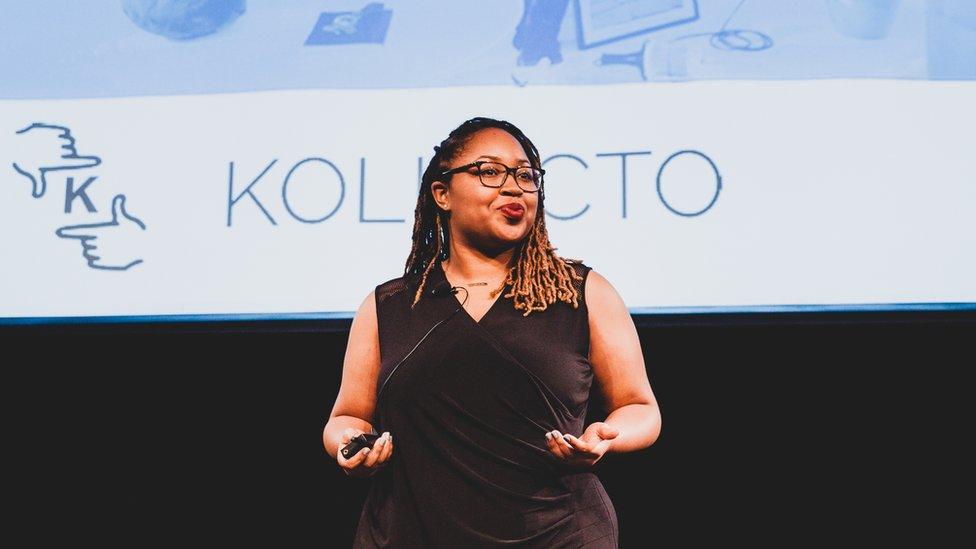
Ms Reed talks and blogs about her work
Ms Reed says a common mistake entrepreneurs make is thinking that they can create an app they sell for 99 cents a pop and expect to quit their day job. Very few apps are that popular to sustain an entrepreneur full time.
"We are really holistically teaching the business of launching the app - actually creating the app is a small piece of it. There's also how do you price it," she said.
Another mistake new entrepreneurs make is refusing to change their product or enterprise when it's clearly not working.
"I think if you're in a space and you're not seeing results, a lot of founders keep banging their heads. I have a different approach. If it's not working I'm going to pivot and do something else," she says.
A large part of her business, Reed says, is teaching people to create a business model. She also teaches clients how to set their pricing and market themselves, so their business ends up being sustainable and profitable.
She says her biggest customers are in industries that are still using pen and paper. Her students include people who work in education and manufacturing and have built apps to improve how they track shipments and students.
"I think everyone will be building apps without code in the future," she says.
- Published6 October 2017
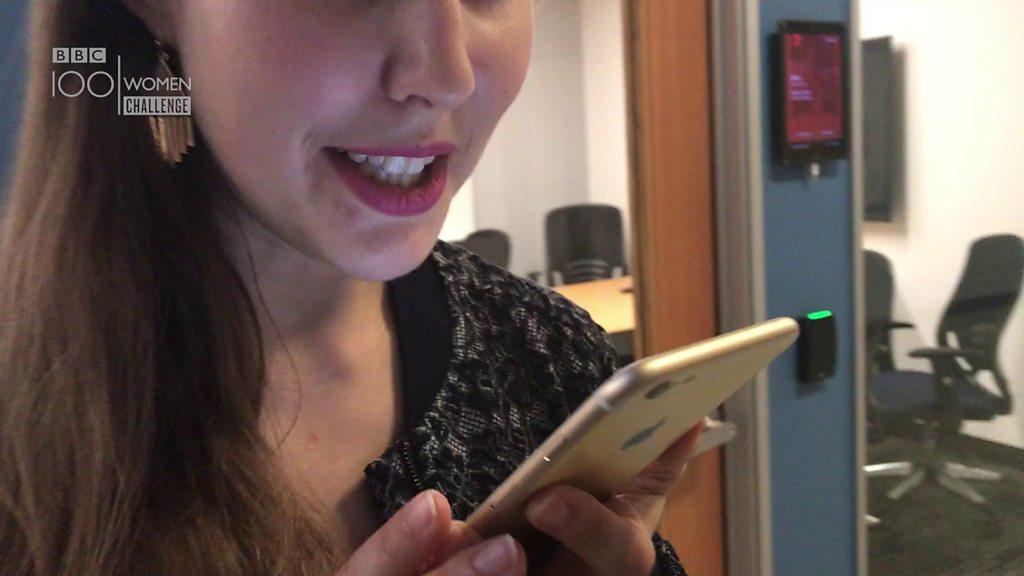
- Published15 June 2017
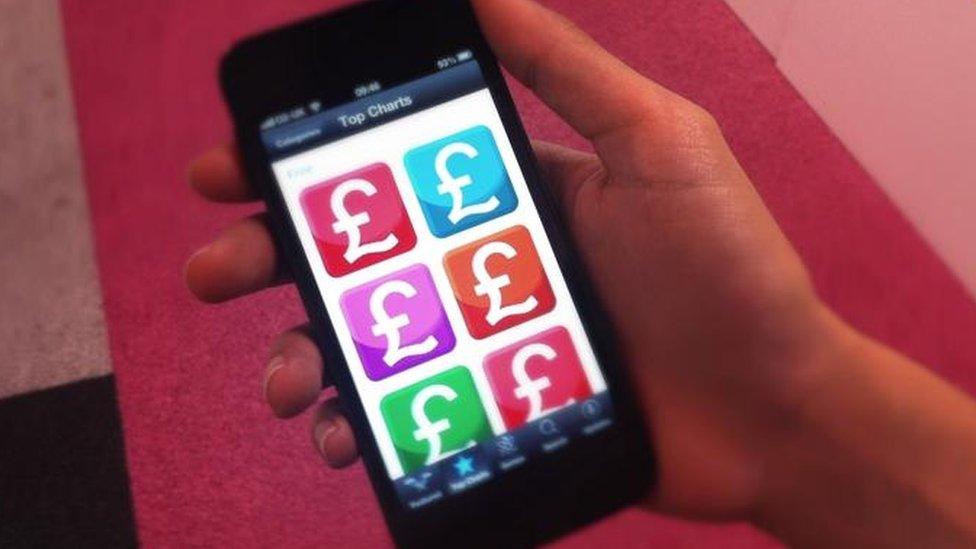
- Published4 January 2017
